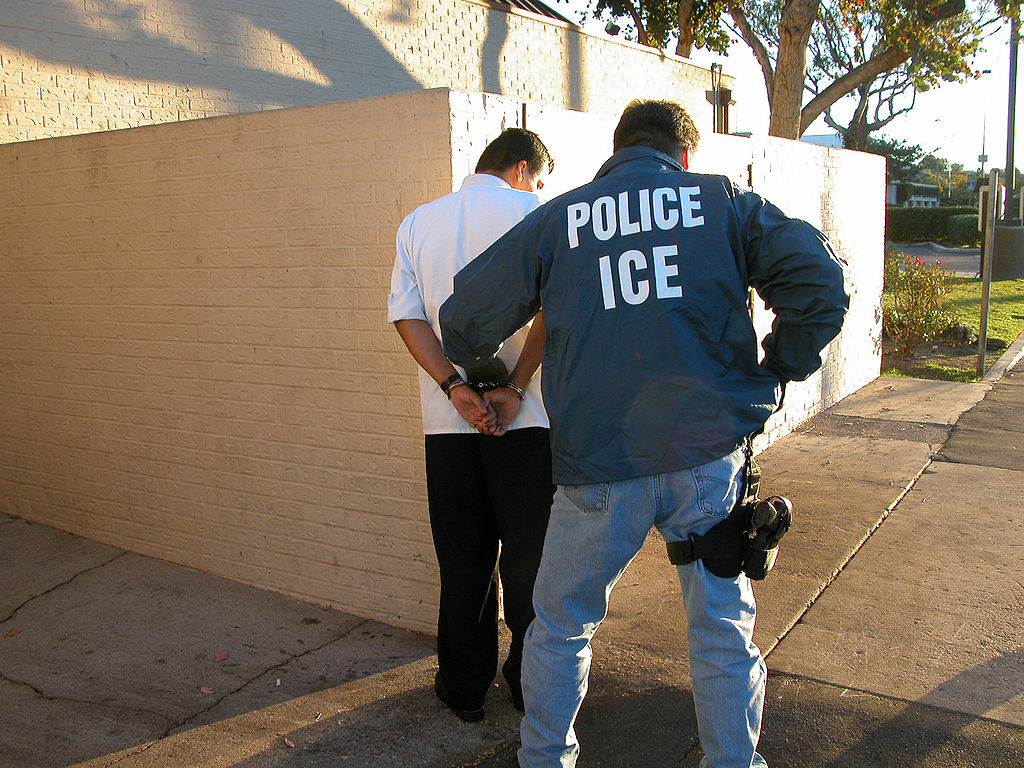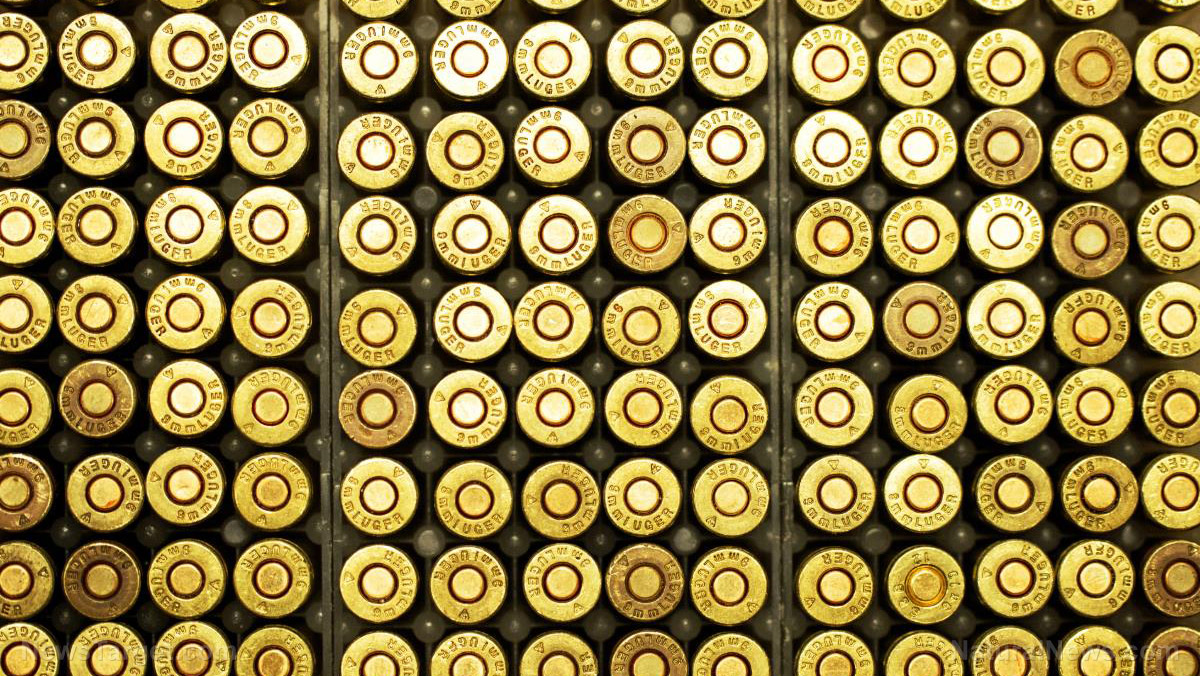
- Russia's UN envoy stated that Ukraine's alleged violations of past truces have eroded trust, making a comprehensive pause in fighting "unrealistic." Diplomatic efforts have repeatedly failed, including prior agreements like Minsk and a short-lived energy strike moratorium.
- Ukraine faces severe shortages of personnel and weapons, with delayed NATO aid weakening its defense capabilities. Reports of CIA and Ukrainian special forces casualties (unverified) highlight spillover risks, while Russia continues to bolster its forces.
- Ukraine insists on Russian withdrawal before meaningful talks, while Moscow demands concessions tied to annexed territories. The U.S. has threatened to abandon negotiations without progress, reflecting mounting frustration.
- With neither side willing to compromise, the conflict risks becoming a prolonged stalemate or triggering broader instability. Experts downplay "World War III" fears but warn of deteriorating conditions on the ground.
- As Western attention shifts (e.g., to Israel-Gaza), Ukraine's leverage diminishes. Zelensky's noncommittal response ("We'll see") underscores the unresolved trajectory, with 2024 poised to bring either forced concessions or further escalation.
Military realities and Western aid concerns
Ukraine's capacity to sustain its defense is increasingly under strain. Reports suggest severe shortages of trained personnel and artillery shells, with NATO pledges of military aid delayed or unmet. A purported video emerged this week showing casualties among CIA officers and Ukrainian special forces during training – a claim still unverified but reflective of the conflict's growing spillover risks. While Russia replenishes its forces, Ukraine's battlefield losses threaten to erode its leverage in future negotiations. These disparities fuel fears of a prolonged war or even a broader conflict, though experts caution against speculation of "World War III." U.S. Special Envoy Steve Witkoff's recent meeting with Putin underscored Washington's push to revive negotiations, hinging on the status of four annexed Ukrainian regions. However, Rubio's ultimatum – that the U.S. may abandon talks within "a matter of days" without progress – signals mounting frustration. Meanwhile, Trump's assertion that he expects a Russian response to a ceasefire proposal "this week" contrasts with Nebenzia's pessimistic assessment. The disconnect highlights the fragility of diplomatic channels. With both sides entrenched militarily and politically, the path to peace remains elusive. Russia demands guarantees tied to territorial gains, while Ukraine insists on sovereignty and withdrawal. As Western aid wavers and casualties mount, the conflict risks becoming a protracted stalemate – or worse, a catalyst for deeper global instability. Whether either side will bend under diplomatic pressure, or whether the war's toll will force unforeseen concessions, may determine if 2024 brings resolution or further escalation. For now, as Zelensky's laconic "We'll see" suggests, the world watches and waits. Head over to WWIII.news for updates on the ongoing Ukraine war. Watch the video below that talks about Ukraine agreeing to the U.S.'s ceasefire proposal. This video is from the NewsClips channel on Brighteon.com.More related stories:
Ukraine violates partial ceasefire agreement with Russia, attacks energy infrastructure as peace talks collapse. Zelensky rejects territorial concessions as Putin weighs ceasefire proposal. Putin and Trump agree to PARTIAL CEASEFIRE in Ukraine, but path to lasting peace remains uncertain. Sources include: RT.com KyivIndependent.com Brighteon.comFBI affidavit: Teen’s plot to assassinate Trump linked to Ukrainian operation
By Ramon Tomey // Share
Border crisis reaches Montana: Six illegal immigrants ARRESTED in upscale ski town
By Ava Grace // Share
U.S.-China trade war shows no signs of cooling amid conflicting claims, economic toll rises
By Willow Tohi // Share
Tariffs threaten access to healthy diets as grocery prices soar
By willowt // Share
Tensions persist as Russia and Ukraine remain at odds over ceasefire prospects
By bellecarter // Share
WEF's Klaus Schwab and his wife Hilde under investigation for ethical and financial MISCONDUCT
By ramontomeydw // Share
FBI affidavit: Teen's plot to assassinate Trump linked to Ukrainian operation
By ramontomeydw // Share
Border crisis reaches Montana: Six illegal immigrants ARRESTED in upscale ski town
By avagrace // Share







